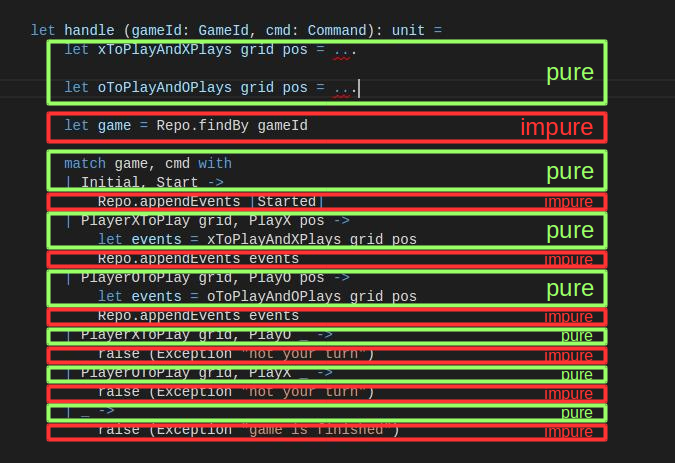Making illegal states unrepresentable means that we enforce invariants on the code that we write, and choose data types so that states that are invalid won't show up in our programs. 1
By reducing the number of representable wrong states we also reduce the number of potential bugs in our program by a great deal, as well as the number of tests needed to check for invalid inputs and outputs.
If we can't create an illegal argument of a given type, we don't need test cases for this illegal state for any function that takes arguments of that type as inputs.


